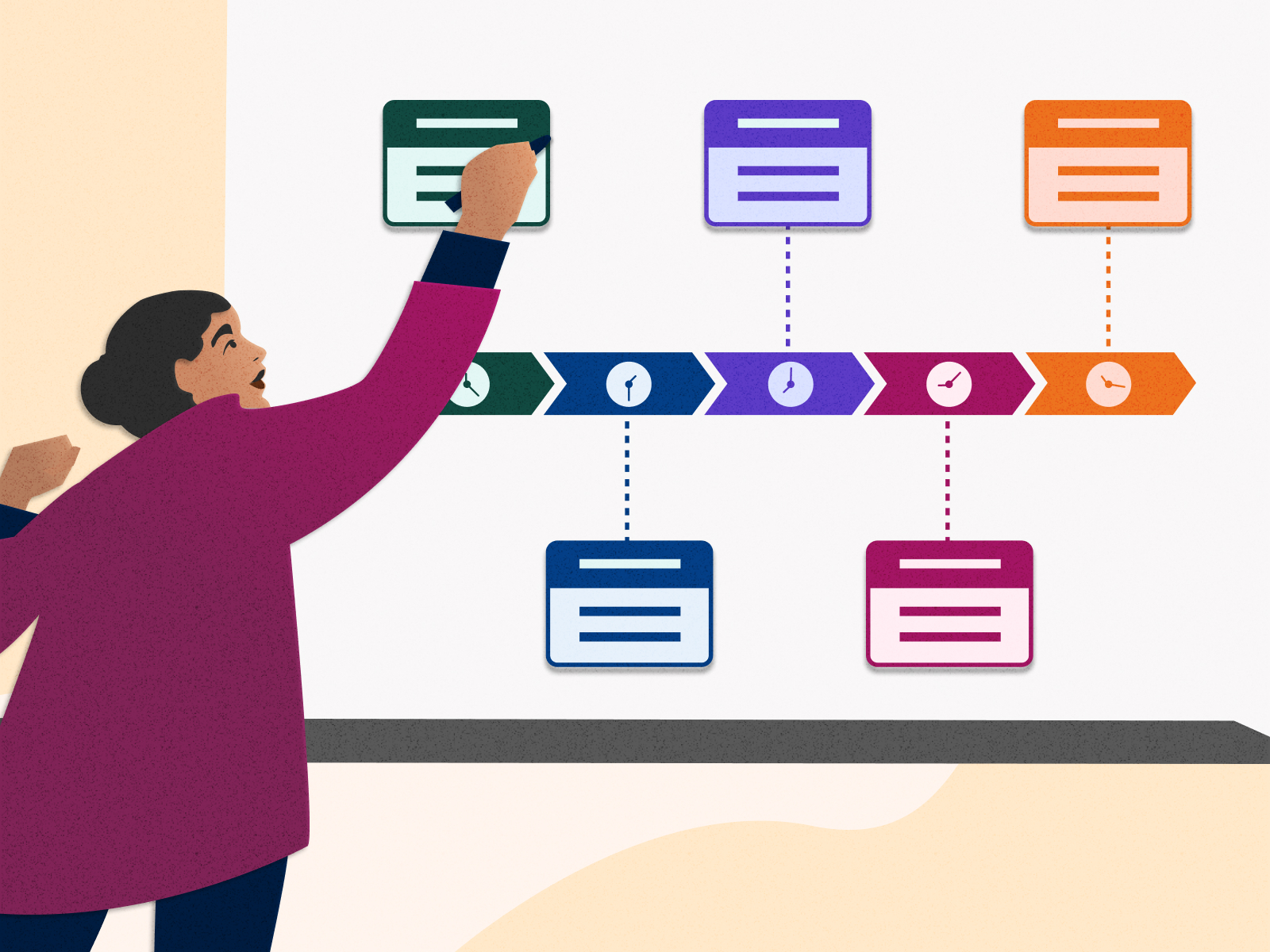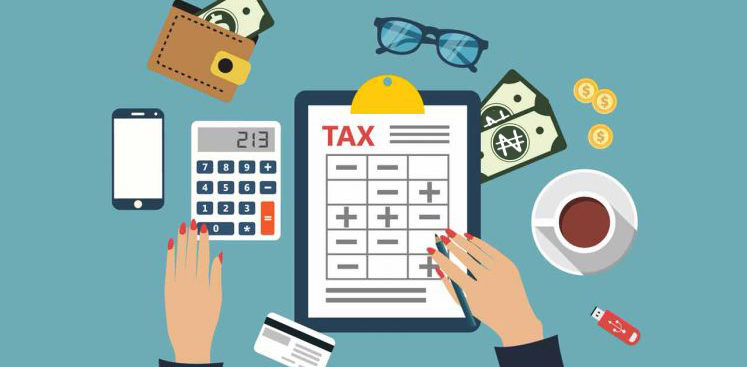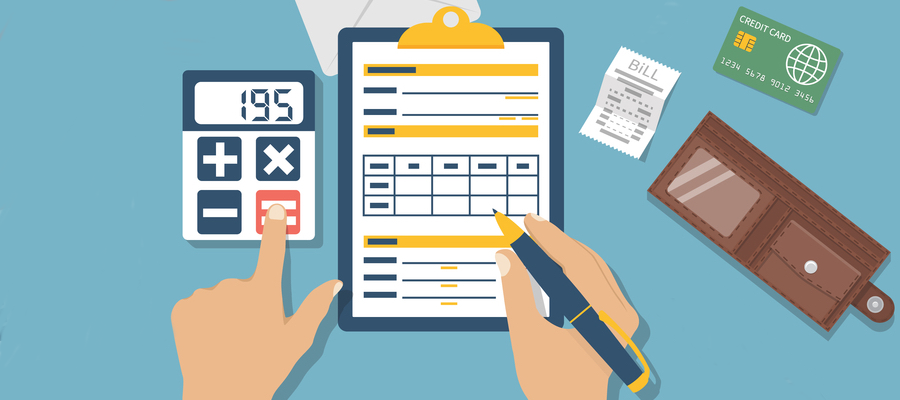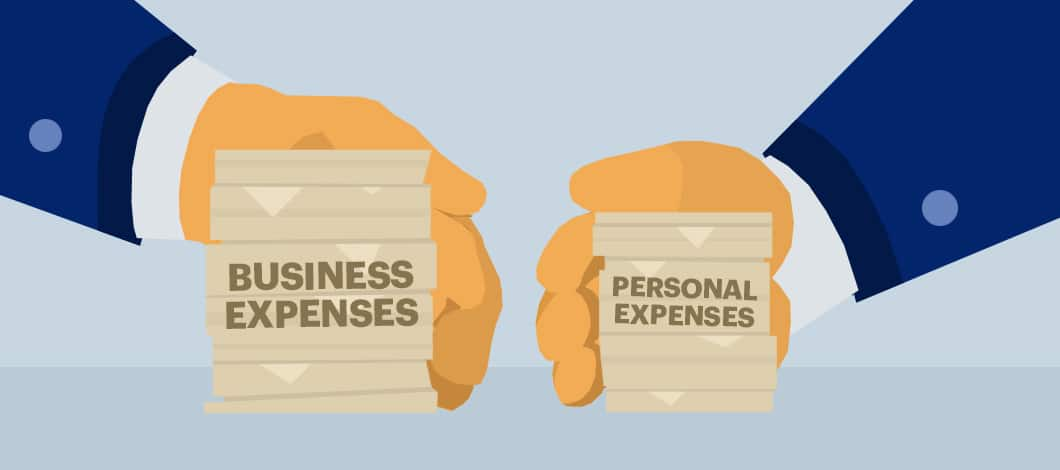
Managing Your Finances as a Freelancer
- Create clear boundaries between personal and business finances by opening a separate bank account for freelancing.
- Streamline financial management with accounting software, facilitating tasks such as invoice creation, expense tracking, and report generation.
- Set aside time regularly to track income, expenses, and taxes, ensuring financial stability and preparedness for unforeseen circumstances.
This blog is a summary of an article originally published by Finance4Learning's partner Iron Hack on February 09 2024. Here's the link to the article.

Welcome to the freelance life—where you're the boss, the creative genius, and the master of your destiny. Picture this: setting your schedule, working from anywhere (yes, even your bed), and doing projects that light your creative fire.
But wait, before you dive headfirst into the freelance dream, there's one thing you gotta master: your finances. We're talking about the nitty-gritty stuff like budgeting, saving, and handling taxes. It's not exactly glamorous, but trust us, it's the key to keeping your freelance gig thriving.
Don't worry, though—we've got your back. In this guide, we'll break down everything you need to know to stay financially savvy in the freelance game. So kick back, grab your favorite snack, and let's get you on the path to financial freedom. Your bank account will thank you later!
Navigating the Financial Maze of Freelancing: Your Ultimate Guide
In the thrilling world of freelancing, you're not just a creative powerhouse; you're also the CEO, HR manager, and chief accountant of your very own small business. It's a wild ride of autonomy and responsibility, where every aspect of your financial well-being rests squarely on your shoulders. But fear not, brave freelancer! We're here to guide you through the maze of money matters and set you on the path to prosperity.
Irregular income
- Let's start by addressing the elephant in the room: the unpredictable nature of freelance income. Unlike traditional jobs with steady paychecks, freelancers ride the rollercoaster of feast and famine, where one month you're swimming in projects and the next you're tightening your belt. It's a reality check that keeps us on our toes, but with savvy budgeting and strategic planning, you can weather the storm like a pro.

Irregular workload
- And let's talk about workload. While corporate drones punch in and out of the same routine, freelancers are out there hustling for every gig, juggling multiple projects, and navigating the ebb and flow of demand. It's a dance of flexibility and resilience, but it's what sets us apart as masters of our destiny.


No paid time off?
- You got it! Sick days, vacations, and personal emergencies are all on you, my friend. But fear not, because, with careful planning and a healthy dose of hustle, you can carve out the time you need without sacrificing your financial stability.

Managing taxes
- Navigating the labyrinth of tax codes and deductions can feel like a Herculean task, but with a bit of research and some smart planning, you can keep Uncle Sam at bay and ensure your hard-earned cash stays where it belongs—in your pocket.
Main Responsibilities of Freelancers:
But enough doom and gloom! Let's shift gears and focus on the four pillars of financial success for freelancers:
Setting rates and understanding your taxes
- It's all about finding that sweet spot where you're earning enough to thrive while still setting aside a chunk for taxes and expenses. Knowledge is power, so do your homework and crunch those numbers like a pro.
Investing in your future
- The freelance landscape is ever-evolving, so staying ahead of the curve is essential. Whether it's mastering new skills, upgrading your tools, or expanding your network, investing in yourself is the key to long-term success.

Staying on top of your accounts:
- From tracking income and expenses to chasing down overdue invoices, keeping your financial house in order is crucial for staying on track and maximizing your earnings.
Saving for a rainy day:
- Freelancing is a rollercoaster ride of highs and lows, so having a financial safety net is essential for weathering the inevitable storms. Whether it's stashing away cash for emergencies or planning ahead for vacations, being prepared is the name of the game. You can also check different freelancing sites such as Upwork, Fiverr, Toptal, etc. for job availabilities.
So there you have it, fellow freelancer: the ins and outs of mastering your finances in the wild and wonderful world of freelancing. It's a journey filled with twists and turns, but with the right mindset and a little bit of know-how, you'll be well on your way to financial freedom and success. Let's make that money, honey!
Keys to Managing Finances as a Freelancer
Now that you understand some of the overlooked challenges of being a freelancer and what to keep in mind when making the move to the freelancer life, let’s let you in on some of the best-kept secrets for managing your freelance finances.
Separate your personal and business expenses:
Especially if you choose to work from home, creating boundaries between your business and personal lives is key, particularly from a financial standpoint. Open a separate bank account exclusively for your freelancing career; in addition to helping keep your earnings clear, this will help you when it comes time to declare taxes and expenses, facilitating the tax reporting process.
On a similar note, make sure you have strict boundaries when it comes to the hours you work and projects you’re willing to take on; as you start, you might be tempted to take any project or job to just get your foot in your door, but make sure you only take work you’re qualified for and are properly compensated. Remember–taking low rates lowers the market rate for all other professionals in the field.
Track your business expenses:
As we mentioned earlier, being a freelancer means you’re responsible for all aspects of your job, including materials and good news: these can be used as tax write-offs if properly tracked. To help keep track of your expenses and have them prepared for when you need to include them on your tax returns, make sure you have a clear understanding of what business expenses are–and aren’t:
- Basic supplies: Are you working from home? Your WiFi and electricity bills may be expensable to help offset some tax costs.

- Re/upskilling costs: In some cases, you might be able to expense continuing education courses or memberships that help you advance your knowledge and skill set.
- Travel: Depending on your area of specialty, you may have to travel for client meetings or to collect materials needed; even if you’re simply driving to the town over, this gas is a business cost that can be expensed.

Use accounting software to help you
Keeping track of your outstanding invoices and bills can be quite a challenge, so it’s crucial to be organized and keep everything in one place. Depending on the one you choose, you can enjoy the following advantages:
- Invoice creation: Don’t waste time creating complicated or unprofessional invoices when you can have software that does it for you! You can also save all your information and have it automatically filled out, helping save you time.
- Expense tracking: Put all your expenses in one place, from supplies to energy bills, so that you don’t miss any possible deductions when you file your taxes.
- Report creation: Many freelance accounting software options produce reports so that you’re able to have a month-to-month or year-to-year breakdown of your expenses, earnings, savings, and other important factors to help you evaluate your progress over time.
- Automation: Nothing’s better than a computer doing some of your work for you, right? And with automation tools, you’ll save time and energy.
Set aside time daily or weekly for financial tracking:
It can be easy to leave your financial planning or regrouping for the end of the month, but you might find that it’s hard to remember exactly what you did or the expenses after so much time. Setting time aside either daily or weekly to track your hours, income, and expenses can make the tax process much easier–in addition to helping you have an accurate and updated outlook on your financial status throughout the entire month, instead of just at the end.
It’s also a good idea to hang on to all receipts, invoices, or bills in a specific folder so that they’re in easy reach in case you need to refer back to them later on.
Freelancing might seem like a challenge, but it’s an incredible way to work on your terms and set your schedule; in the tech industry specifically, it’s becoming increasingly popular. So if you’re ready to take on the challenge, consider taking the first step towards landing your first tech role with one of Finance4Learning's partner, Ironhack's bootcamps!